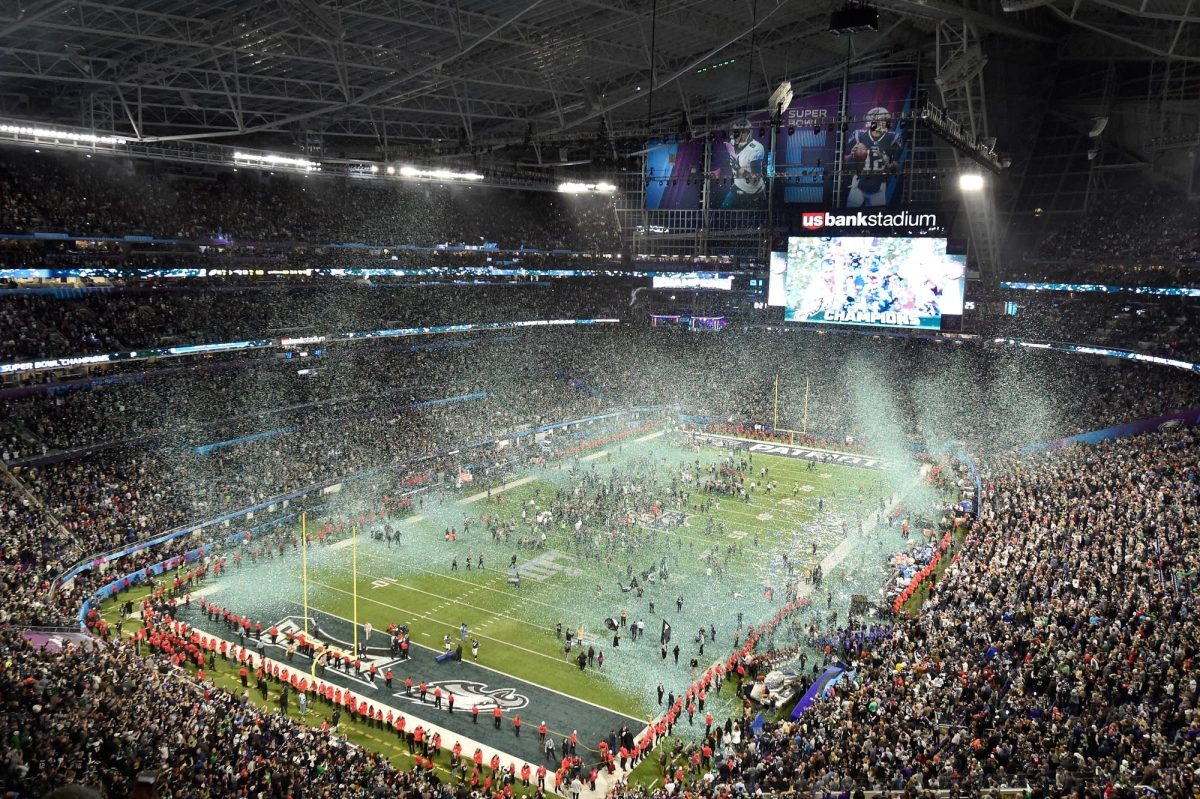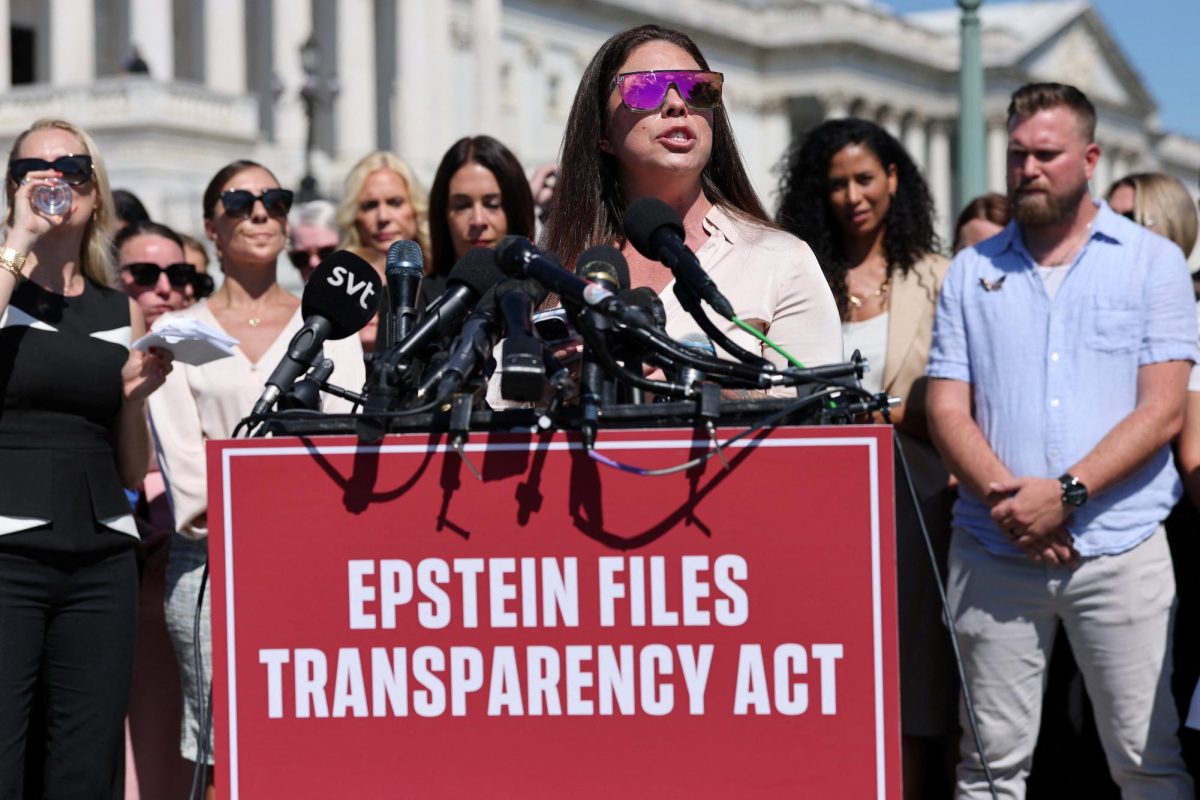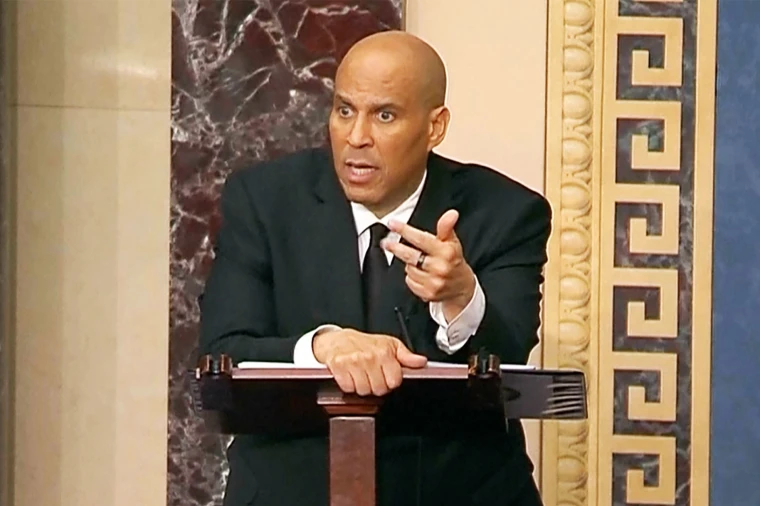Arguably the most important sporting event in the United States, the Super Bowl features the two best teams in the NFL every year. Aside from bringing thousands of fans together both at the stadium and remotely, the Super Bowl has profound economic impacts, especially on the city that decides to host the event. However, with so many eyes on the game, the players, advertisers, and the crowds, these effects often go unnoticed and as a result, the economic power of the Super Bowl is often undermined.
Years prior to every Super Bowl Sunday, cities all over the United States used to have the opportunity to place a bid in order to host the game. However, in order to gain more control over where the Super Bowl is located, the NFL created a new process for determining the best city. Now, the Super Bowl reaches out to a city that fulfills the requirements to host the Super Bowl. These requirements include having a stadium with a minimum seating capacity of 70,000 people, hotel space equivalent to 35% of the stadium’s capacity, and even an average game day temperature above 50°F. After accepting, the city continues on to negotiate the terms with the NFL. The whole process of determining the host city happens up to six years in advance. Once the deal has been finalized, the host city will undergo serious infrastructural changes in preparation to host thousands of tourists.
The infrastructural changes that occur prior to the expected influx of traffic can include making improvements to transportation, the stadium and other facilities, as well as hotels and security. As expected, fulfilling these infrastructure updates is extremely expensive, and is estimated to cost millions of dollars. Unfortunately, funding for this work is not provided by the NFL and instead cities resort to raising local taxes in order to afford the costs. However, an increase in taxes is very politically unpopular and in order to gain support there must be some public benefit. For many city officials, this means promising citizens that the Super Bowl will bring their location surplus economic return, but beyond impacting a city’s infrastructure, what effects does the Super Bowl have on the economy of the host city?
For one, the Super Bowl generates a lot of traffic in the host city during the week of the game. For local businesses in the area this means a steep rise in demand, therefore companies feel empowered and incentivized to temporarily increase their prices. As a result of the influx of customers and spending, businesses flourish and benefit greatly from the pockets of football fans. Besides profiting off the concentrated amount of tourists during the week of the Super Bowl, visibility through the media also benefits the host city’s economy. With the increased exposure through streaming of the Super Bowl and the events leading up to Sunday, the city is provided with an opportunity to showcase its attractions and culture on a worldwide stage. Through this mass exposure, attraction towards the host city grows tremendously, and local tourism skyrockets in the years to follow. For some cities, this increased visitorship means years of increased business and sustainable economic growth. It is said that the host city typically sees an economic impact from anywhere between 300-500 million dollars. Aside from being astonishing, this number ultimately serves as a testament to the extreme economic power of the Super Bowl.
Beyond stimulating the economy and boosting infrastructural growth in the city that hosts the game, the Super Bowl also serves as a great advertising platform for thousands of businesses all over the world. Due to the millions of viewers streaming the game, getting a commercial in the Super Bowl is a huge investment for businesses, and getting airtime is competitive. In fact, advertising is so competitive that in 2022 a 30-second commercial slot was going for $6.5 million. Although expensive, these ads generate about $7.1 million in revenue for each company, making every penny worth it.
The Super Bowl holds enormous power for a lot of reasons. In addition to bringing people together from all over the world for the sake of one football game, it generates hundreds of millions of dollars every year without fail. Super Bowl Sunday is a big day for sports fans and economists alike.









